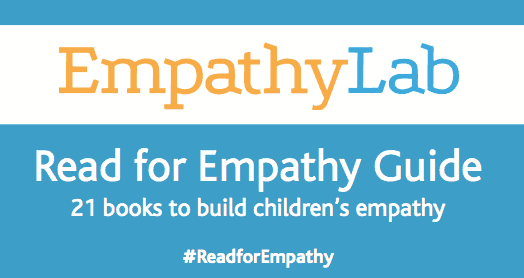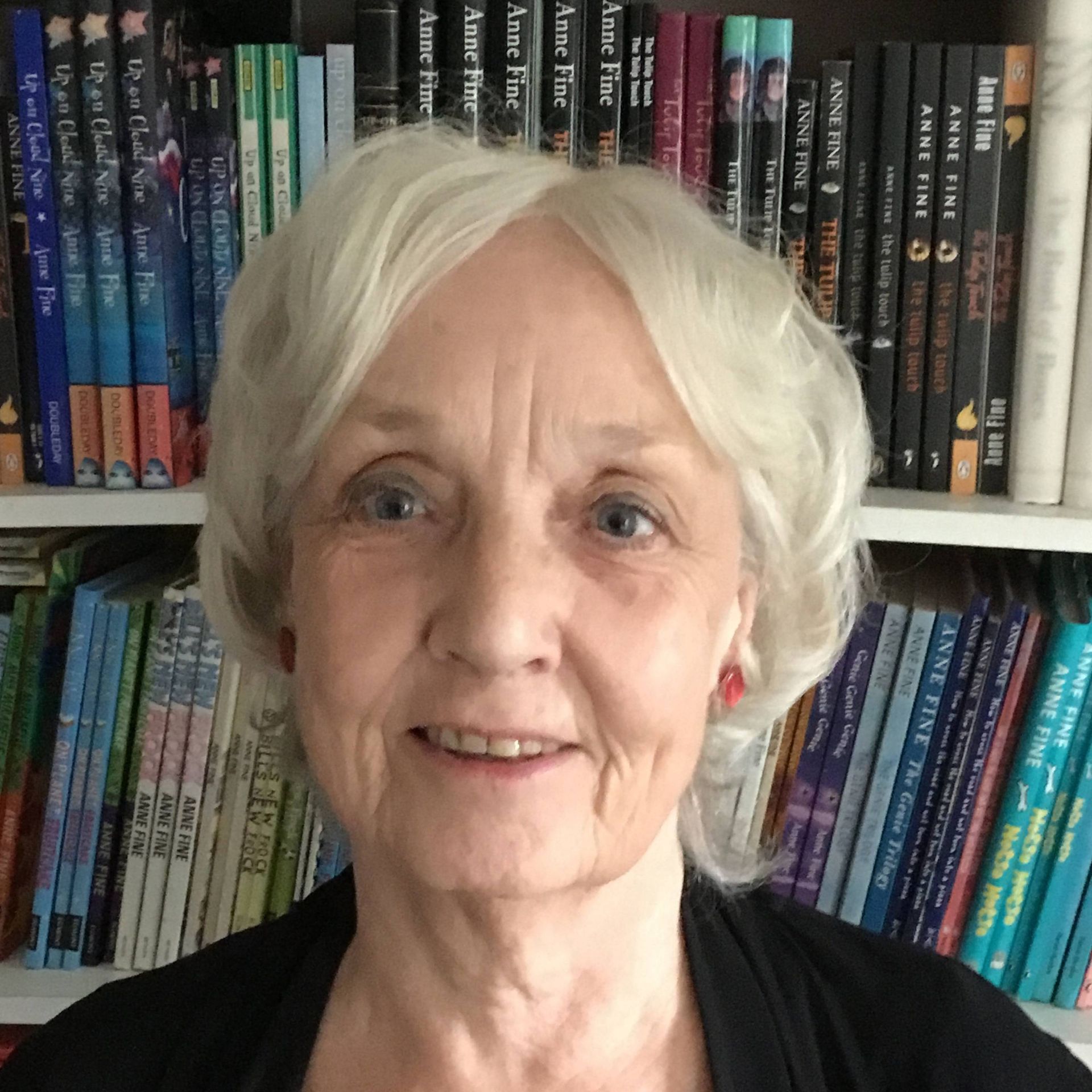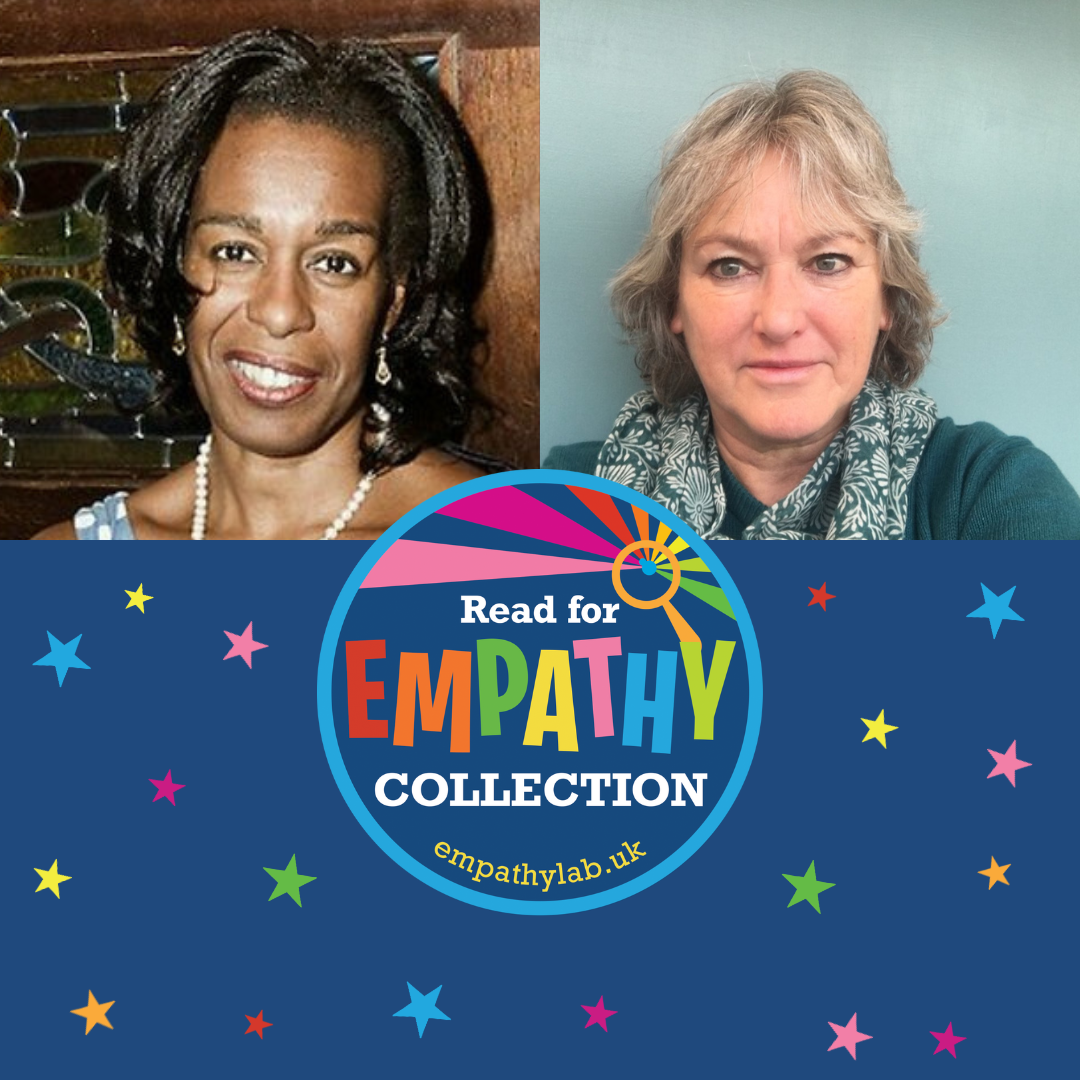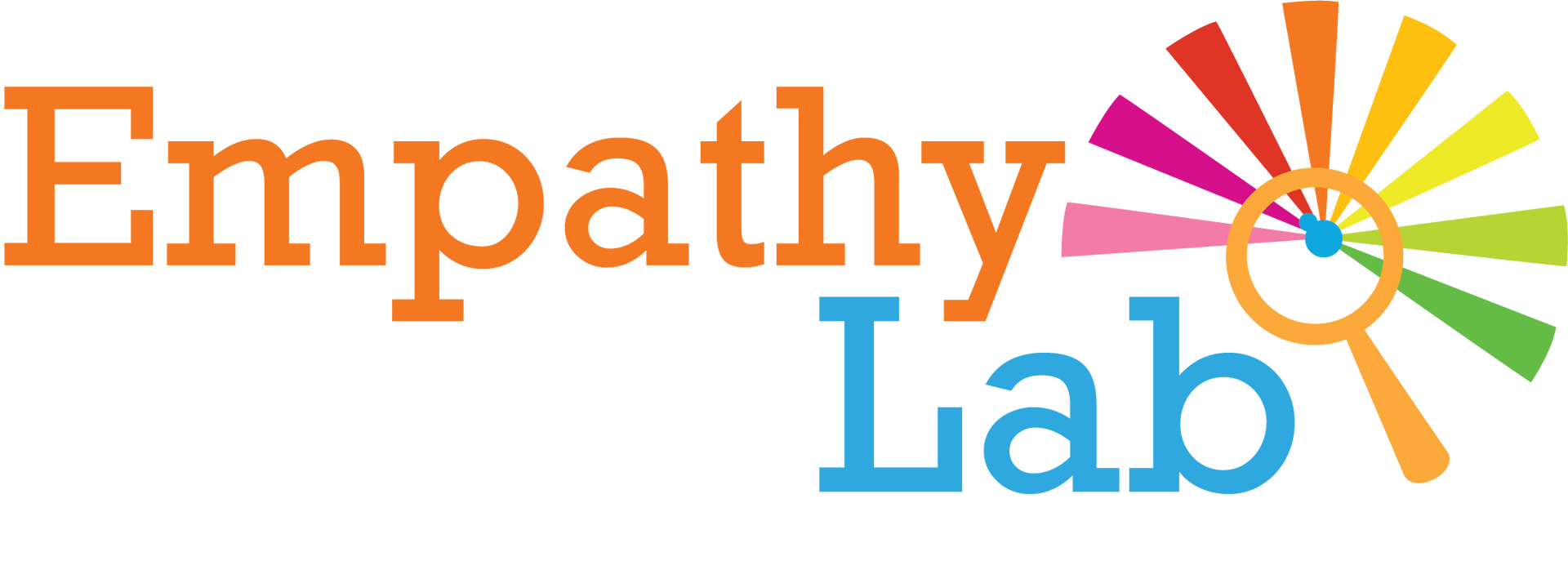#ReadforEmpathy on Empathy Day!
- By EmpathyLab
- •
- 08 Jun, 2017
- •

For us at EmpathyLab, empathy is a desperately needed force for understanding and connection in our divided world. We want to see an empathy revolution in homes, schools and communities, achieved by harnessing the power of stories to help us become more empathetic.
As our Lab name suggests, we’re experimenting with different approaches to achieve our mission, one of which is to test-run the first ever Empathy Day –on 13 June. We hope you’ll join in!
Empathy Day started as a small scale experiment in a handful of schools. But the idea has caught fire with authors, teachers and parents, convinced that the cultivation of empathy is a beacon of hope in our divided world. And excited that hard new scientific evidence proves that reading stories build real-life empathy
So on June 13, please consider joining us to #ReadforEmpathy
We’re urging everyone to share their ideas for books which they have found to be empathy boosting. Please join in the #ReadForEmpathy campaign so that we can create a rich and varied bank of book recommendations.
If you live or work with children, look out for a new, free Read for Empathy Guide on 13 June, featuring 21 “must reads” books for 4-11 year olds. These are recommended by children, teachers and librarians and endorsed by The Sunday Times children’s book reviewer, Nicolette Jones. The Guide will be downloadable on the morning of June 13, along with top tips for parents about talking to children about books in ways which build their empathy skills.
Let’s change the world, story by story.

Why has the sheer importance of empathy come to the fore in recent years? Why do we care so much about a concept that had seemed to be left to itself for so long?
Perhaps because there has been so much change and upheaval for our young people in recent years, leaving so many isolated from what we might term ‘real’ contact with others. Lockdown was for many a disaster. The proliferation of phones hasn’t helped. Financially stretched families are often starved of time that can be spent in casual, easy, contact with one another.
So gaining an understanding of others from fiction has become more and more important. Children have always learned from the books and stories they are offered. From the fairy tales, children who lived in an elemental world without luxuries or social safety nets learned the virtues that were so necessary back then to survival: courage, resourcefulness, endurance, quick wits, kindness to strangers.
Our own young people live more tightly under separate roofs, and we have seen the language of books change accordingly - to Mum, the babysitter, playgroup, park, baby sister, Dad’s girlfriend, the bully, happy, worried, sad. It’s the language of relationships and emotions now, and understanding and compassion liberate. They have become the twenty-first century equivalent of Hansel and Gretel’s pebbles gleaming in the moonlight to show the way out of the dark forest.
Frank Flanagan once said good writers “structure, explain and evaluate the experience of childhood and empower the child to come to terms with it. They enable the child to lead a full life."
How? Partly by quite unconsciously increasing self-knowledge and self-awareness. A young reader can’t help but see characters in books unconsciously as if in a mirror. "I'm not like that." "I worry about that too." "I would have been braver”, “slower to catch on”, “tempted to be more mean”. And when this sense comes of no longer being the only one in the world to have this problem, or to feel that way, the child not only comes to realise that they are not alone, but also to gather insights into how other people deal with the same worries or tackle the same problems. In short, they learn, vicariously, how other people tick.
We have so many young people who, it seems, sometimes as a result of their upbringing, often simply by nature, have somehow failed to acquire the tools to begin to think about their own situation. Through fiction they can often begin, safely, to explore the more subtle aspects of life around them - an insight into someone else's life. A child can share desk space with someone else all year and yet learn less about them than about a character in one short book that’s read to them at night. I try to show this in my novel On the Wall , where, over the school year, Finley’s quite exceptional gift for tranquillity and self-acceptance in an anxiety-inducing world causes one fellow pupil after another to look more deeply into themselves, and learn how to rebalance their own way of thinking to become, in the process, calmer, happier, or more accepting.
We all want, for our young people, peace of mind. An excellent start is to explore Lauren Child's wonderful 'Staring into Space' project: https://staringintospace.me/
Then, steep them in fiction. And where better to find the
best than at the EmpathyLab itself?
You can purchase Anne's book, On the Wall,
here

The collection consists of 65 books for 3-16 year olds, each chosen for its unique contribution in building young people’s empathy.
The primary collection for 3-11 year has 40 books; the secondary collection features 25 books for 12-16 year olds.

